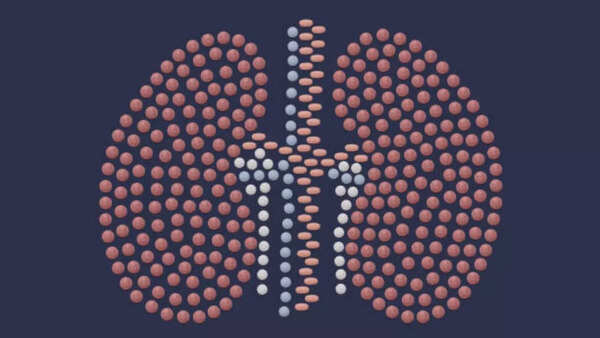Kidneys are one of the most vital organs in the human body. They are responsible for filtering fluids in the body, regulating blood pressure, maintaining the balance of water, salts and minerals and producing hormones. However, due to an unhealthy diet and lack of physical exercise, the kidneys end up suffering in health.This is when people usually reach out towards supplements that can help maintain kidney health and functioning. While some people might seek advice from a professional before starting the usage of a supplement, most follow some social media videos and reels to make the decision. In this case, you can end up following a lot of myths that might harm the kidneys. Here are 7 common myths regarding kidneys and supplements that you never knew.
Myth: All ‘natural’ supplements are healthy for the kidneys
The biggest myth one holds when it comes to natural products is that all of them are healthy. Products formed in nature are subject to a variety of processes and toxins and thus are never completely healthy. According to a study published in the National Library of Medicine, popular herbs like uva ursi, dandelion, parsley, juniper, horsetail, marshmallow and more have not been adequately studied in humans for their effects and can have potential interactions with medicines.
Myth: Detox teas and supplements are effective

Image credits: Getty Images
Detox teas and supplements supporting kidney health and improving their function are a marketing gimmick gone right. While they may increase urine output, there is no strong evidence that these teas improve kidney health. Drinking these regularly can lead to digestive problems and the laxatives in these teas can end up replacing the body’s function of stimulating the bowel on its own.
Myth: Creatine supplements are not healthy for the kidneys
There is a common myth that creatine supplements are not healthy for the kidneys. However, as per a study published in the National Library of Medicine, creatine supplements are safe for consumption and don’t cause renal disease. Another study published in Clinical Kidney Journal, stated the same, adding that the supplements are not harmful when taken in a recommended dosage of 20g/day for 5 days. One should avoid high doses of creatine supplementation and those with a renal disease or using potentially nephrotoxic medications should avoid them altogether.
Myth: Supplements can prevent kidney problems

Image credits: Getty Images
The only thing that can prevent kidney stones is a healthy diet. The information that cranberry juice can prevent infections is not true. While the juice might help get rid of germs in the bladder, it is not a cure.
Myth: Supplements don’t interact with medicines
Since supplements claim to be ‘natural’ and rarely disclose the complete list of ingredients it is believed that their consumption alongside medicines will not lead to health problems. However, a 2012 study revealed that medicines and herbal and dietary supplements had 1,491 interactions in the body.
Myth: High protein diets are bad for the kidneys

Image credits: Getty Images
The belief that high-protein diets are bad for the kidneys entirely is wrong. Here, it completely depends on specific body requirements. Moderate protein intake as required by your body can be healthy for the kidneys and does not necessarily put a lot of pressure on them. However, high amounts of protein must be avoided by those with weak kidneys or existing kidney diseases.
Myth: The more the better
Supplements like Vitamin B complex, Vitamin C and Vitamin D are consumed by many for kidney health. Those taking the supplements by themselves might follow the idea of ‘the more the better’ which can be detrimental to kidney health as those with fat-soluble vitamins can lead to toxicity and kidney damage.


